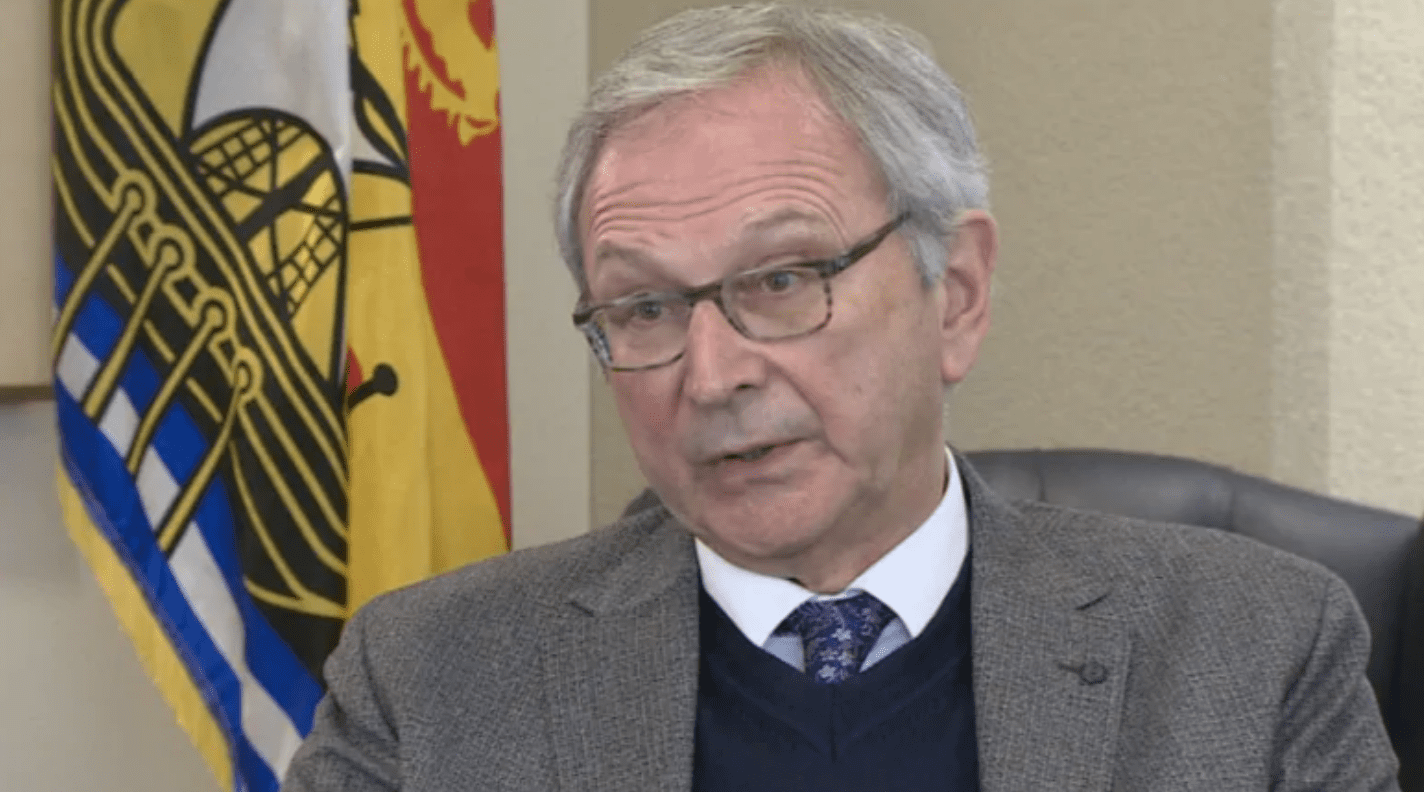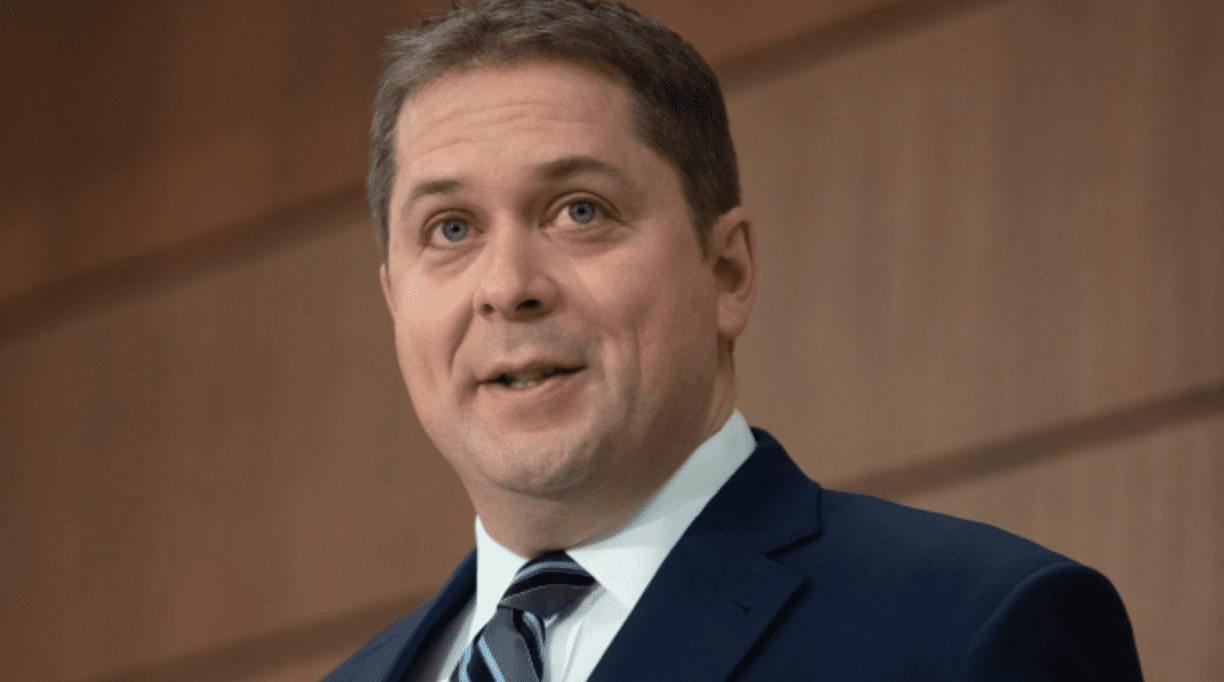There has been a curious turn of events in New Brunswick over the past couple of days where premier Blaine Higgs invited the opposition leaders to come to some kind of an agreement that would forestall any possible election until 2022 or whenever the pandemic is over or, he would seek dissolution and an election, and he gave them a deadline of Friday to do so. Remember that Higgs faces a hung legislature and has been in a de facto coalition with one of the opposition parties, and since the outbreak of the pandemic, opposition MPs began sitting in an all-party quasi-Cabinet Committee on the state of the pandemic, parliamentary accountability be damned. This new attempt at an agreement throws all Responsible Government norms out the window for little benefit.
Hung parliament enthusiasts who see coalitions and power-sharing agreements as a way to normalize a possible proportional representation future are no doubt salivating at what is on offer here, saying things like "See! Things can be stable in a minority situation!" without actually looking at what the downside of these arrangements are. In nearly all of them, this one included, what winds up as the casualty is the ability to actually hold the government to account, and if not the ability, then the willingness.
In BC, when the NDP formed the government after the election, they did so with the benefit of a supply-and-confidence agreement with the provincial Green Party, who then subsequently railed that the government was doing such a terrible job on files that were important to them, like the Site C Dam, and yet they didn't contemplate withdrawing from said agreement and toppling the government. In PEI, the hung legislature resulted in the ruling Progressive Conservatives coming to backroom agreements with the Green Party, and any attempts by the Liberals to hold the government to account was portrayed as "rude." Only later did the Green leader start to claim that he was totally holding the government to account, but you just couldn't see it. (Sure, Jan).
In New Brunswick, post-election, Higgs' Progressive Conservatives were able to form government thanks to the support of the People's Alliance, a right-wing reactionary party that was particularly motivated about ending support for French-language rights in the country's only officially bilingual province. When the pandemic happened, the province was gearing up for a snap election, which was suddenly forestalled by the creation of an all-party Cabinet committee meant that the government immediately began evading any accountability for their actions because they would simply direct MLAs who raised questions to their party members on said committee, while at the same time as those MLAs were sworn to secrecy because it's a Cabinet committee, meaning that nobody could actually be held to account for what was decided. This is not how Responsible Government operates it depends entirely on the government being accountable to the legislature, and if the legislature can't perform its functions, then it quickly raises the point of wondering why they are even there.
The agreement that Higgs has proposed takes this to the next level not only are all parties supposed to remain in this situation where nobody can do any basic parliamentary accountability, but Higgs is insisting that they sign a blank cheque to his government for the next two years. It flies in the face of the role of the legislature to grant supply because Higgs is demanding it be granted without MLAs actually knowing what is being proposed for those two years.
This is one of the fundamental problems with a "unity government," as a lot of people were demanding at the start of the pandemic, citing the past world wars but that remains devoid of the actual historical context. In Canada, we only had a unity government during the First World War, because the government needed to have enough support to push conscription through when it was extremely unpopular in Quebec; there was no unity government during the Second World War, but rather a Liberal majority, who maintained power because Quebec was certain that the Conservatives would be worse on the question of conscription. When it comes to the current New Brunswick situation, it has been asked if it really can be considered a unity government if opposition MLAs don't have Cabinet posts with Cabinet salary, even though they are members of the Cabinet Committee and effectively ministers-without-portfolio.
Of course, the opposition parties who have been meeting with Higgs for three days now insist that they're not going to just give Higgs a blank cheque. Liberal leader Kevin Vickers (who currently doesn't have a seat) says he doesn't want an election, but he won't sign away things like language rights something that the People's Alliance are likely to demand for support. The Green leader, in classic Green fashion, doesn't necessarily want to be in Cabinet but still wants input and the stability of a fixed-election date. The People's Alliance says they won't compromise on their core promises around tax reform, "language fairness" and fiscal responsibility.
The only upside to this whole sorry affair is that there isn't an actual enforcement mechanism to this kind of agreement that Higgs is pushing, other than popular pressure, though that can't be dismissed out of hand. After all, who wants to be the one who is lambasted for breaking the agreement and sending people to the polls (which people generally hate as a matter of course) in the middle of a pandemic? But there are other considerations as there are two, possibly three, by-elections that are supposed to happen before the legislature returns in the fall (two of those were legislated as part of their agreement to suspend municipal elections for the pandemic), and if the Liberals win them, it would shift the seat count in the legislature enough that the Liberals could conceivably form government, which Higgs' agreement could also be an attempt to forestall. Either way, what is happening in this province is not how Responsible Government is supposed to operate, and New Brunswickers are not being well-served by a government that has no one to hold it to account.
Photo Credit: CBC News








